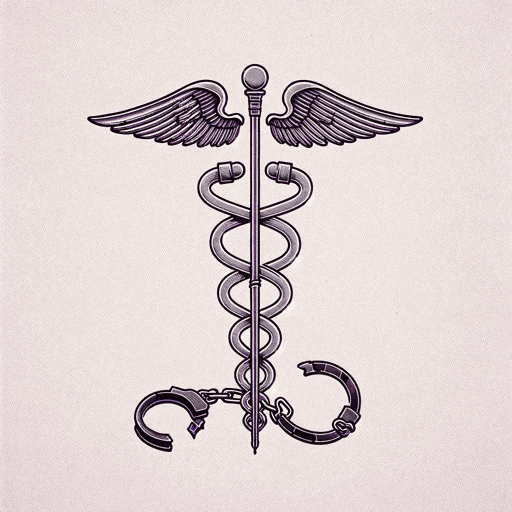45 pages • 1 hour read
Harriet A. WashingtonMedical Apartheid: The Dark History of Medical Experimentation on Black Americans from Colonial Times to the Present
Nonfiction | Book | Adult | Published in 2007A modern alternative to SparkNotes and CliffsNotes, SuperSummary offers high-quality Study Guides with detailed chapter summaries and analysis of major themes, characters, and more.
Symbols & Motifs
Informed Consent
The ethical standard of informed consent recurs frequently throughout Medical Apartheid. In the US, the obtainment of informed consent has become the prerequisite for any experimentation on human beings. As Washington emphasizes:
Informed consent is not a signed piece of paper but, rather, the fluid, continuous process by which a researcher informs the subject in detail of what he or she proposes to do, why it is being proposed, and what possible consequences the experiment carries (55).
For doctors, this means that it is not enough to simply ask a patient for their participation before beginning an experiment. Instead, consent must be continually sought throughout the course of the experiment, especially as any new developments arise.
Informed consent emerges as a policy over the 20th century, and as such, Washington notes that one cannot judge 19th-century experiments by contemporary ethics. However, many of the experiments on slaves that Washington describes are egregious in their disregard for the rights of their subjects. Experiments such as those endured by John Brown or those performed by the surgeon James Marion Sims were “involuntary, painful, dangerous, and either frankly nontherapeutic or obviously more harmful than beneficial” (56). Throughout the 19th-century, many surgeons simply treat blacks as objects for experimentation, exhibiting little regard for the actual well-being of these subjects.

